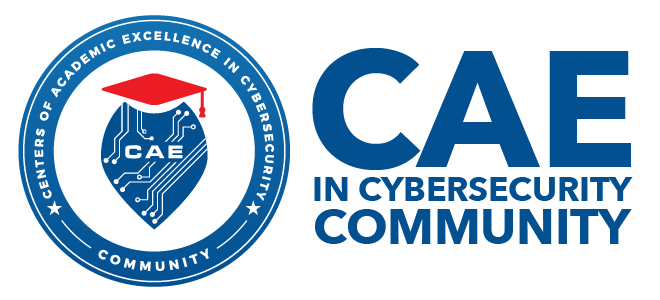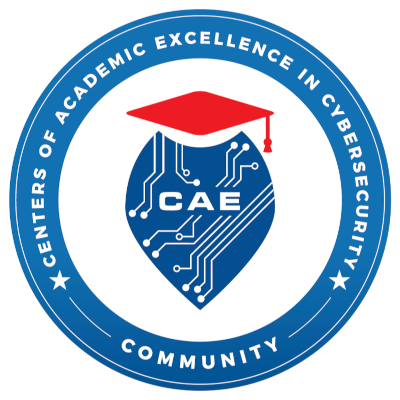ACM Cybersecurity Curriculum Guidelines Mapping to CAE Knowledge Units
In 2017 the ACM (the world's largest educational and scientific computing society), with the Joint Task Force on Cybersecurity Education, published Cybersecurity Curricula 2017 (CSEC2017), guidelines for baccalaureate programs in Cybersecurity.
The ACM CCECC (Committee for Computing Education in Community Colleges) is developing curriculum guidelines for associate degree programs, based on CSEC2017, with expected publication in early 2020. These guidelines, code-named Cyber2yr, map to the CAE knowledge units for two-year programs.

